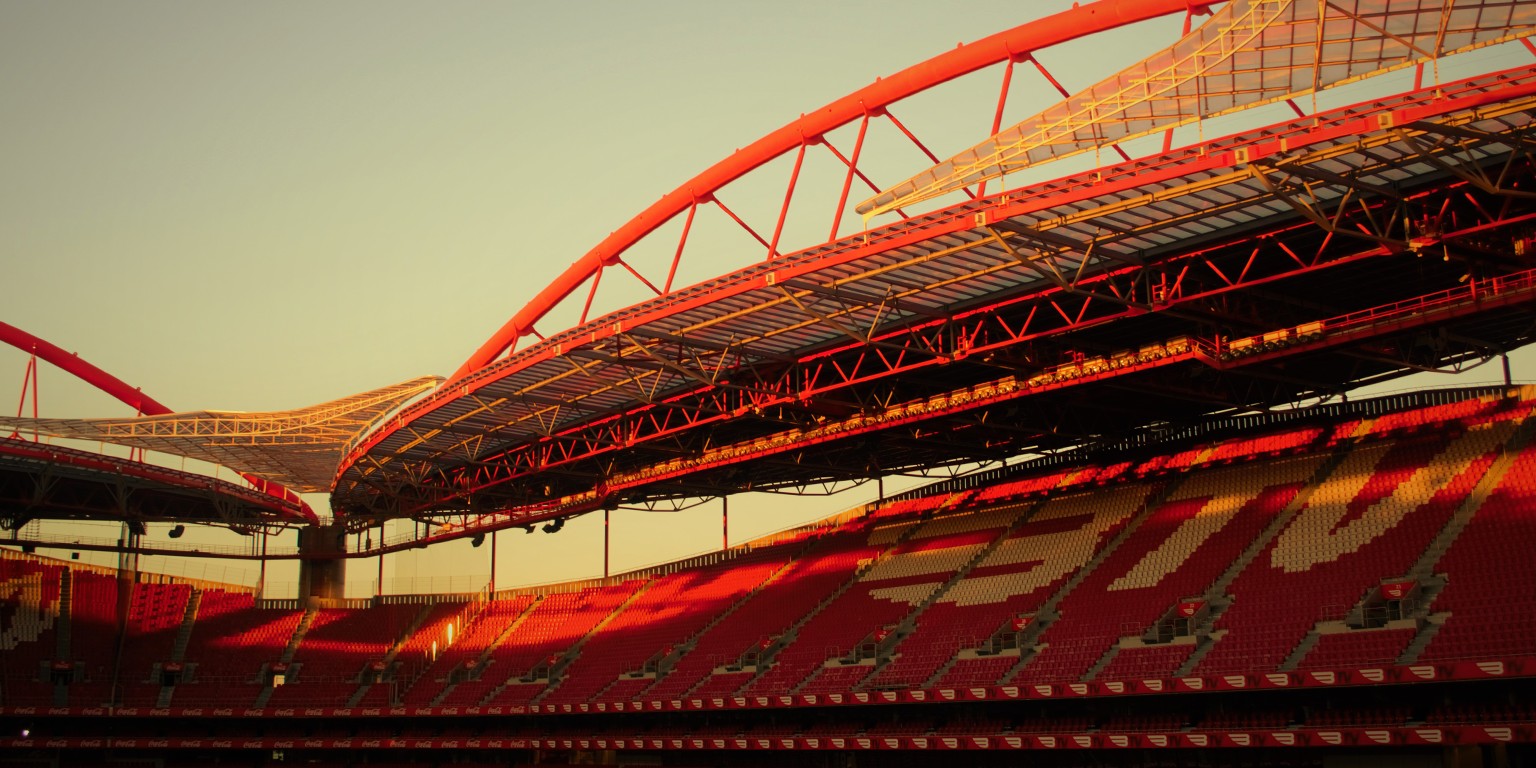Sport Lisboa e Benfica, commonly known as Benfica, is one of the most successful and iconic football clubs in Portugal. Established in 1904, the club has built a rich history filled with triumphs, memorable moments, and a passionate fanbase. With a legacy that spans over a century, Benfica has not only shaped the football landscape in Portugal but has also left an indelible mark on the European stage.
Founding and Early Years:
Benfica was founded on February 28, 1904, by a group of young sports enthusiasts led by Cosme Damião, a central figure in the club’s early history. The club’s name, Sport Lisboa e Benfica, reflects its origin in the neighborhood of Benfica, Lisbon. From the outset, Benfica embraced the values of sportsmanship, discipline, and community engagement, laying the foundation for a club that would become a powerhouse in Portuguese football.
Domestic Dominance:
Benfica’s success in domestic competitions has been nothing short of remarkable. The club has clinched numerous Primeira Liga titles, establishing itself as one of the most dominant forces in Portuguese football. The iconic Estádio da Luz, Benfica’s home ground, has witnessed countless memorable moments as the club has consistently battled for supremacy against its domestic rivals.
The 1960s were a golden era for Benfica, as they secured back-to-back European Cup triumphs in 1961 and 1962. The legendary Eusébio, one of the greatest footballers in the club’s history, played a pivotal role in these victories. Eusébio’s goalscoring prowess and skill on the ball endeared him to fans worldwide and solidified Benfica’s status as a European heavyweight.
European Glory and Heartbreak:
Benfica’s success in European competitions has been a defining feature of its legacy. The club’s triumphs in the 1960s were followed by several deep runs in European competitions, including a memorable appearance in the 1988 European Cup Final. Despite facing heartbreak in the final, Benfica’s performances on the continental stage solidified its reputation as a club capable of competing with the best in Europe.
In recent years, Benfica has continued to be a consistent presence in European competitions, participating in the UEFA Champions League and the UEFA Europa League. The club’s supporters, known as “Benfiquistas,” passionately follow their team, creating an electric atmosphere at both home and away matches.
Youth Development and Academy Excellence:
A crucial aspect of Benfica’s success lies in its commitment to youth development. The club’s academy, known as the Caixa Futebol Campus, has produced a steady stream of talented players who have gone on to make significant contributions both domestically and internationally. The emphasis on nurturing young talent aligns with Benfica’s tradition of playing attractive, attacking football.
Several footballing luminaries have emerged from the Benfica academy, showcasing the club’s dedication to cultivating a strong footballing culture. The club’s commitment to developing homegrown talent not only strengthens its squad but also contributes to the overall growth of Portuguese football.
Cultural Impact and Fanbase:
Benfica’s influence extends beyond the football pitch, permeating Portuguese culture and society. The club’s iconic red and white colors are synonymous with passion and dedication, reflecting the fervor of its supporters. The Benfica Stadium, also known as Estádio da Luz, stands as a symbol of the club’s identity and has been the backdrop for historic moments in Portuguese football.
The Benfiquista fanbase is renowned for its unwavering support, creating an atmosphere that inspires the players and intimidates opponents. The club’s motto, “E Pluribus Unum” (Out of Many, One), encapsulates the unity among the supporters and their shared commitment to the success of Sport Lisboa e Benfica.
Challenges and Resilience:
Despite its storied history, Benfica has faced its share of challenges. Financial constraints and changes in leadership have tested the club’s resilience. However, the Benfica faithful remain steadfast in their support, embodying the spirit of perseverance that has characterized the club throughout its existence.
The ability to overcome adversity and adapt to changing circumstances is a testament to Benfica’s enduring legacy. The club’s ability to rebuild and remain competitive speaks to the strength of its foundations and the commitment of everyone involved in the Benfica family.
Future Aspirations:
As Benfica looks to the future, the club is positioned to continue its legacy of success while navigating the evolving landscape of modern football. Investments in infrastructure, scouting, and youth development signal a commitment to sustained excellence. The aspiration to compete at the highest levels of European football remains a driving force for the club and its supporters.
Benfica’s participation in the UEFA competitions provides a platform to showcase its talent on the international stage. Success in these tournaments not only adds to the club’s trophy cabinet but also enhances Portugal’s standing in European football.
Conclusion:
Sport Lisboa e Benfica stands as a beacon of excellence in Portuguese football, embodying a rich history, a commitment to youth development, and a passionate fanbase. From its humble beginnings in 1904 to its present status as a perennial contender in domestic and European competitions, Benfica’s journey is a tale of triumphs, challenges, and unwavering dedication.
As the club continues to evolve and shape the future of Portuguese football, the legacy of Sport Lisboa e Benfica remains firmly entrenched in the hearts of football enthusiasts worldwide. With a glorious past and a promising future, Benfica’s impact extends far beyond the confines of the football pitch, leaving an indelible mark on the beautiful game.

